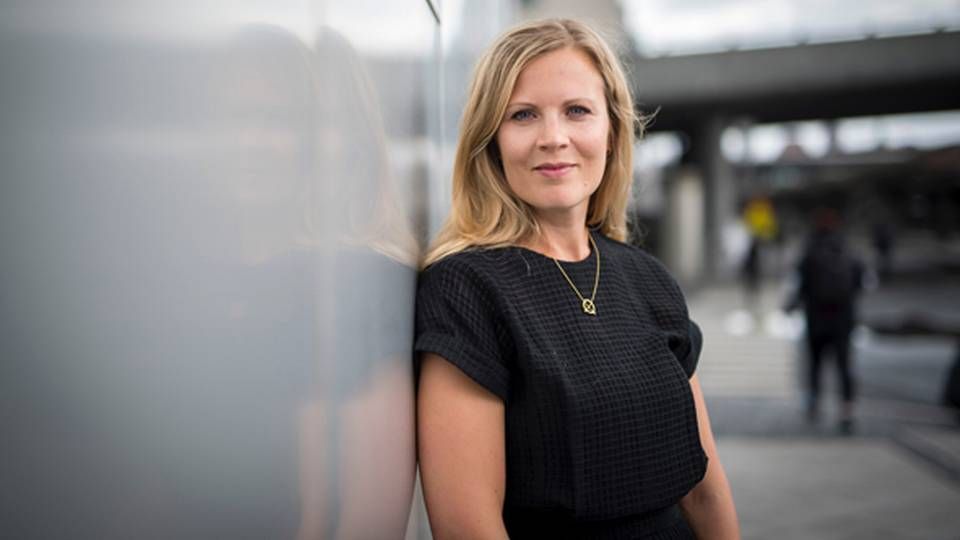Norfund CEO calls for investors to boost business in poor countries

While Norway’s giant sovereign wealth fund, the Government Pension Fund Global (GPFG), comes in for regular criticism for its perceived ethical failings, less is heard internationally about the country’s smaller but still weighty development fund.
Having just celebrated its 20th anniversary, Norfund’s chief executive Kjell Roland has joined Norway’s minister for foreign affairs Børge Brende in calling for more investors to follow the fund’s example and boost business in poor countries.
“The most effective way to reduce poverty is to create jobs,” the two men said last month in Norwegian newspaper Aftenposten.
If the world failed to create growth and jobs in developing countries, it would be creating breeding grounds for more poverty and instability, they reasoned.
“That is why we need bold, forward-looking partners who are prepared to take the risk of investing in poor countries,” they said.
Particularly important, they said, was to boost growth and employment in countries in Africa and the Middle East where there was a high proportion of young people.
Norfund (Norwegian Investment Fund for Developing Countries) was established by the Norwegian parliament (Storting) in 1997, and now has value-adjusted equity of NOK 20.7 billion (EUR 2.2 billion)
Development tool
The idea came from recommendations from the country’s “North-South aid commission” in 1995, whose members argued that Norway should set up an investment fund for private sector development as a new important tool in its development aid policy.
Roland and Brende say mobilising the private sector as central to the UN’s Sustainable Development Goals, but that the risk of investing in the developing world puts companies off.
“It is a paradox that despite close-to-zero interest rates and excess liquidity in capital markets in the West, there are indications that capital flows to developing countries are stagnating,” they said, citing several reasons for this.
“Investments in developing countries often carry a high level of risk and working conditions are frequently difficult,” Roland and Brende said.
It was also vital to have in-depth knowledge of local conditions, and stricter rules and reputational risks were also making many companies are wary of investing, they said.
Last year Norfund made NOK 2.8 billion of new investments, with 73% of this being directed into Africa.
Norfund is fully funded and owned by the Norwegian Government through the Ministry of Foreign Affairs, but other institutions invest alongside it.
KLP aware of risk
One of these investors is KLP, Norway’s largest municipal pensions provider, which has around NOK 600 million of investments in cooperation with Norfund, and has committed a further NOK 760 million to be invested through this cooperation over the next few years.
Heidi Finskas, the company’s vice president corporate responsibility, says KLP is well aware of the fact that investments in developing countries often involve high risk — whether to do with finance, corruption or employment — but invests in these regions nevertheless.
“Our aim with these investments, alongside achieving a good return on pension funds, is to create a better society.
“The risk level may be higher, but so is the potential impact from a development point of view,” she says.
“What we need is partners who are as concerned about both impact and risks, and manage them well,” she says.
“We hope that our choices can inspire other investors to do something similar,” Finskas says.













